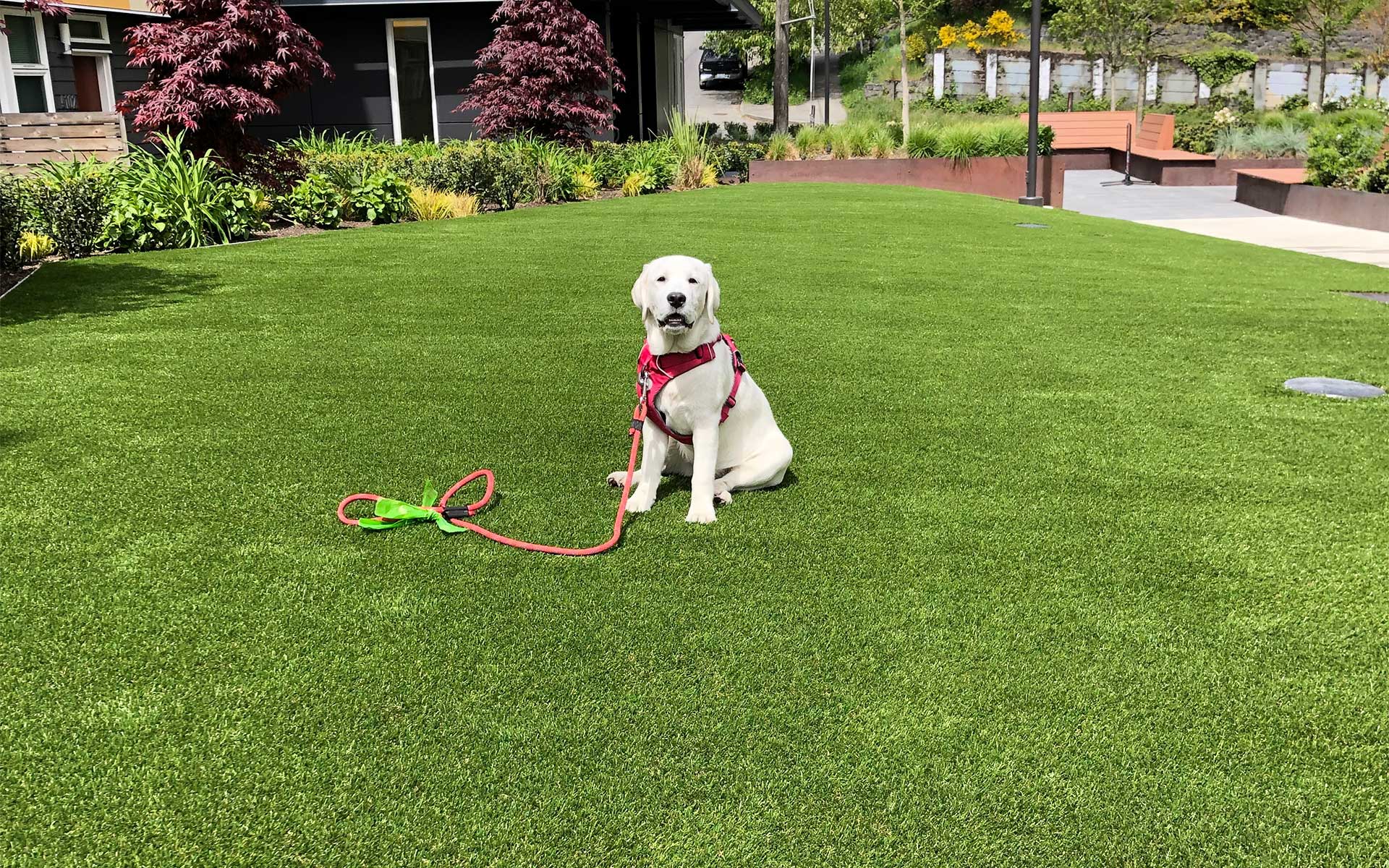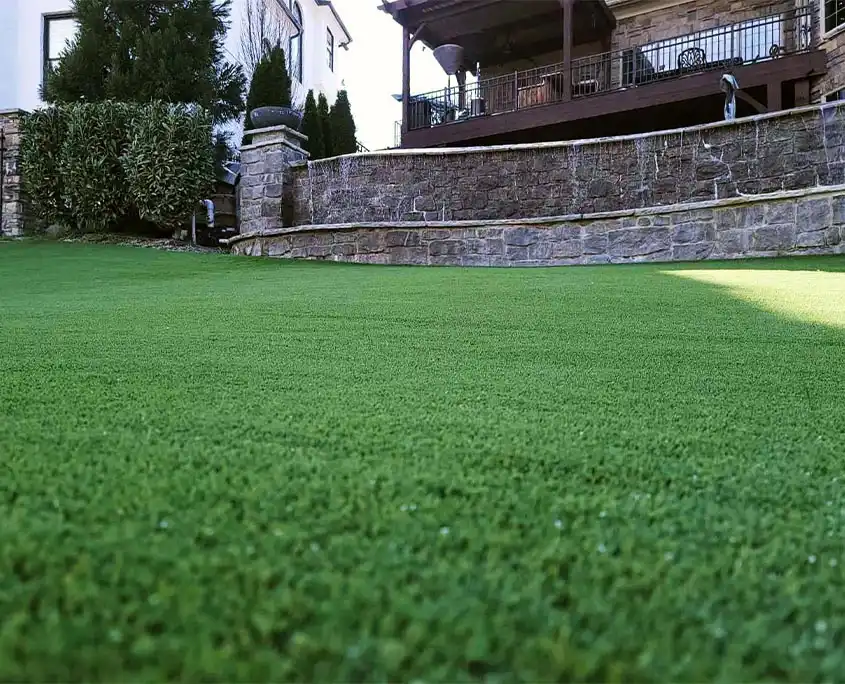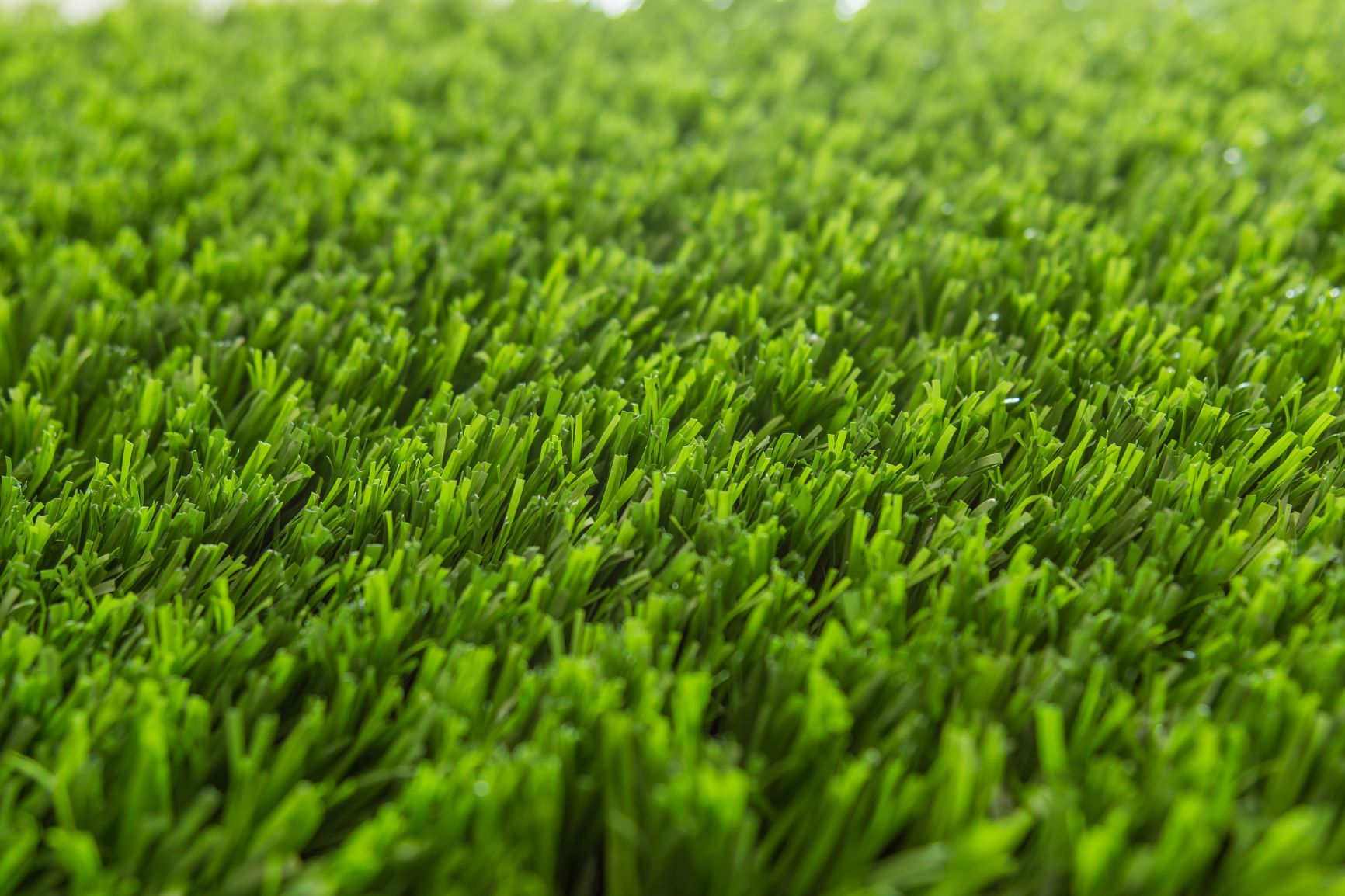Choose Reliable Artificial Turf Companies Phoenix for Durable and Realistic Grass
Look Into the Environmental Advantages of Opting for Synthetic Grass Solutions
The adoption of fabricated grass solutions presents a compelling opportunity to attend to pushing environmental challenges. By substantially decreasing water usage and decreasing the application of dangerous chemicals, these alternatives not just advertise lasting landscape design but likewise safeguard regional ecosystems.
Water Preservation Advantages
One of the most substantial advantages of man-made turf is its ability to save water. In comparison, artificial grass does not need watering, significantly lowering the general need for water sources.
By getting rid of the requirement for regular watering, synthetic grass adds to sustainable landscape techniques and aids alleviate the environmental influence of too much water intake. Additionally, the conservation of water reaches the reduction of runoff, which can lead to soil disintegration and waterway contamination.
Furthermore, the installment of synthetic grass enables home owners and districts to designate water resources more successfully, focusing on necessary uses such as alcohol consumption water and farming. The change in the direction of synthetic grass not only promotes accountable water use yet likewise aligns with wider ecological goals focused on maintaining natural deposits.
As communities progressively prioritize sustainability, the water preservation advantages of fabricated grass present a compelling case for its adoption in commercial and residential landscaping jobs.
Lowered Chemical Use
The change to fabricated grass significantly decreases the reliance on chemical therapies generally used in natural turf maintenance. Conventional turf monitoring typically involves the application of fertilizers, pesticides, and herbicides to advertise development and control insects. These chemicals can position risks to human wellness, neighborhood wildlife, and the environment, adding to dirt and water contamination.
In comparison, fabricated lawn gets rid of the demand for these dangerous materials. By decreasing the release of artificial compounds right into the ecological community, man-made grass promotes healthier soil and water systems.
Furthermore, the lack of chemical drainage linked with synthetic grass installations assists shield neighborhood rivers from pollution, supporting marine life and preserving biodiversity. Phoenix turf companies. As areas increasingly prioritize lasting techniques, choosing artificial grass presents a practical option that aligns with ecological preservation objectives. Through this change, home owners can enjoy lavish green areas without compromising environmental health and wellness, leading the way for a much more lasting future
Lower Carbon Impact

In addition, the installment of synthetic grass can result in significant water conservation. All-natural lawns require substantial amounts of water for irrigation, which not just contributes to the carbon footprint connected with water removal and treatment however also stress local water resources. In comparison, synthetic grass needs very little maintenance, requiring no watering, thus significantly reducing water usage and its associated energy costs.
In addition, the long life of synthetic grass adds to its reduced carbon effect. With a lifespan of up to a knockout post 15 years or even more, the demand for regular replacements is reduced, causing much less waste and lower energy intake in manufacturing and throwing away standard lawn alternatives. Overall, synthetic grass presents a sustainable choice for ecologically conscious landscape design.
Habitat Preservation
Environment preservation is a vital consideration in the dispute over landscaping options, especially when comparing synthetic grass to all-natural lawn. All-natural turf yards usually call for considerable upkeep, consisting of making use of herbicides, pesticides, and fertilizers, which can adversely influence neighborhood environments. These chemicals can seep into the soil and waterways, harming native vegetation and animals and disrupting neighborhood environments.
Man-made turf eliminates the requirement for harmful chemicals, consequently safeguarding nearby wild animals and maintaining the stability of surrounding communities. The installation of man-made turf can lead to the conversion of former lawn areas into more biodiverse landscapes, such as pollinator yards or native plant areas, which can sustain neighborhood wildlife.
Inevitably, the transition to artificial turf not only preserves water and lowers upkeep initiatives however additionally fosters an extra unified relationship between human tasks and the all-natural atmosphere, advertising environment preservation while doing so.
Long-Term Sustainability
Long-lasting sustainability is an important factor in reviewing the advantages of synthetic grass over conventional lawn yards. One of the most significant benefits of artificial grass is its longevity; additional reading it can last up to 15-20 years with minimal upkeep, whereas all-natural turf calls for frequent reseeding and substitute. This longevity reduces the need for constant sources, such as water, plant foods, and chemicals, which are necessary for maintaining a healthy and balanced yard yard.
Additionally, synthetic grass adds to a decrease in carbon discharges related to yard care equipment. Conventional yards usually require gas-powered mowers, leaners, and blowers, all of which add to air pollution. Turf installation phoenix az. On the other hand, synthetic grass eliminates the demand for such tools, advertising a cleaner atmosphere
Additionally, the manufacturing of man-made grass progressively utilizes recycled products, improving its sustainability profile. As suppliers adopt environment-friendly techniques, the environmental impact of synthetic grass proceeds to lessen.

Verdict
The fostering of synthetic turf options presents substantial environmental advantages, including substantial water conservation, minimized reliance on harmful chemicals, and a reduced carbon footprint. Additionally, man-made lawn help in preserving click over here now natural environments by decreasing land disturbance and promoting lasting sustainability via using sturdy products. Collectively, these factors underscore the potential of man-made turf to contribute favorably to environmental health and wellness and provide a practical choice to conventional landscape design practices in a progressively resource-conscious globe.
In contrast, artificial lawn does not require watering, dramatically decreasing the total need for water resources. By decreasing the launch of artificial compounds right into the ecosystem, artificial turf advertises much healthier soil and water systems.
Additionally, the installation of artificial grass can result in considerable water preservation. In comparison, fabricated lawn needs very little upkeep, calling for no watering, thus considerably minimizing water usage and its linked energy prices.
